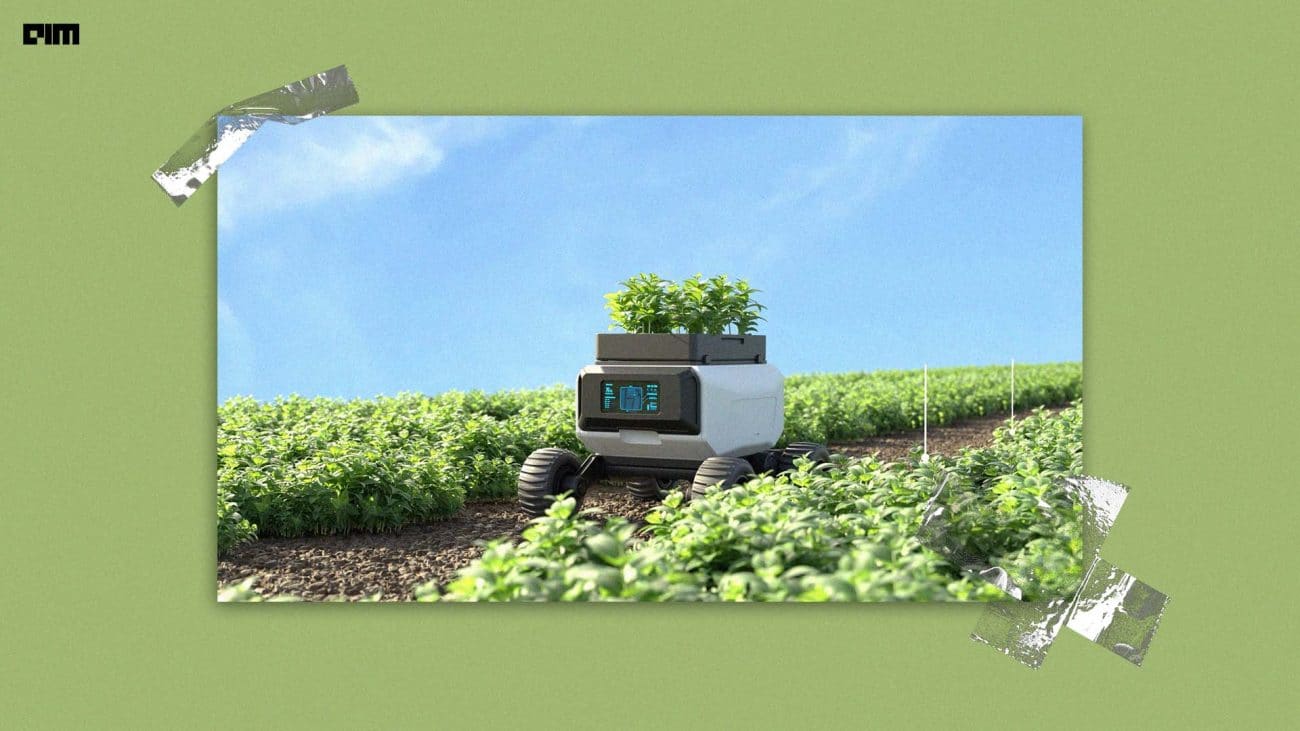India’s agricultural sector, which employs about 65% of India’s population, has been grappling with a significant knowledge gap, hampering the transfer of modern farming practices and technologies to millions of farmers across the country, according to experts and recent reports.
The lack of effective communication channels, underfunded extension services, and disconnect between research institutions and the farming community have resulted in limited dissemination of new agricultural knowledge, especially in remote rural areas.
“There are wide knowledge gaps among Indian farmers regarding organic farming methods, climate-resilient agriculture practices, precision agriculture techniques, and even basic good agricultural practices like safe pesticide usage,” said Ramesh Kumar, an agricultural economist at the Indian Council of Agricultural Research (ICAR).
The knowledge deficit spans various areas critical to improving agricultural productivity and sustainability. For instance, a 2021 report by the Council on Energy, Environment and Water (CEEW) emphasised the need for robust knowledge exchange and capacity-building programs to enable the successful adoption of sustainable agricultural practices nationwide.
Experts warn that bridging this knowledge gap is crucial for India to enhance its food security, improve farmer livelihoods, and meet sustainability goals.
GenAI to the Rescue
Microsoft and Reliance Jio-backed KissanAI, with its multilingual AI agriculture assistant, is pioneering efforts to bridge the knowledge gap. The platform offers personalised, voice-based assistance in multiple Indian languages, making it accessible to farmers across the country. This initiative is crucial in a country where diverse languages and dialects can often hinder dissemination of critical agricultural knowledge.
This initiative is crucial for translating traditional agricultural knowledge into accessible formats for farmers, especially in their native languages, thus bridging the knowledge gap in the sector.
Desai added, “There is a wealth of knowledge traditionally stored in pen-and-paper format, drawings, or manuals that we aim to bring online, convert into AI, and make accessible.”
KissanAI recently unveiled Dhenu 1.0, India’s first agricultural LLM. Dhenu’s uniqueness lies in its tailored approach to Indian agriculture, unlike generic LLMs, the bilingual model can process 300,000 instruction sets in English and Hindi, containing data on Indian agricultural practices backed by local methods.
Jugalbandi, an AI chatbot powered by OpenAI’s GPT models through Microsoft’s Azure OpenAI Service, is assisting farmers and villagers in rural India to access information about various government schemes beneficial to them. The chatbot, accessible via WhatsApp, retrieves relevant program details typically documented in English and delivers them in the user’s native language from among 10 of the 22 official Indian languages.
Similarly, Wadhwani AI, a non-profit institute dedicated to developing AI solutions for social good, is exploring the use of generative AI to power Kissan (farmer) call centers. Alpan Raval, the chief scientist for AI/ML at Wadhwani AI, stated that they are building a Kissan call center support system using generative AI to assist farmers with their queries.
Their approach involves augmenting human experts’ knowledge by utilising models that provide automated responses based on a knowledge base created from current government reports and documents, with a speech interface enabling conversational AI interactions.
Other players in the sector are also tapping into generative AI capabilities. Digital Green, a global development organisation, has partnered with the generative AI startup Gooey.AI to introduce Farmer.CHAT, is an innovative solution aimed at addressing the challenges faced by farmers related to climate change and water security issues.
Additionally, Odisha’s Department for Agriculture and Farmer’s Empowerment launched Ama KrushAI. This interactive chatbot provides farmers with valuable guidance on optimal agronomic practices, government schemes, and loan products offered by over 40 commercial and cooperative banks.
What are Existing Agritech Startups Doing?
Other companies like Intello Labs, Cropin, Fasal, DeHaat utilise AI to provide farmers with real-time insights into crop health, market prices, and supply chain management, empowering them to make informed decisions, improve crop quality, and increase their income.
These organisations, deeply rooted in the agricultural ecosystem for an extended period, possess domain-specific expertise and curated data sets. When combined with the rapid advancements in genAI technologies witnessed today, their capabilities could be amplified manifold.
Currently, Cropin and Fasal, through their AI-driven solutions, are redefining precision farming and resource management.
Cropin offers a suite of 22 AI models that provide predictive insights for various aspects of farming, including crop detection, yield estimation, irrigation scheduling, and pest and disease prediction. Fasal, on the other hand, utilises on-farm sensors to monitor micro and macro climatic conditions, delivering farm-specific, crop-specific, and crop-stage-specific actionable recommendations.
Additionally, companies like Iron Ox use robotics and AI to create fully autonomous greenhouses, where every aspect of the plant’s environment is controlled and optimised.
The Indian agricultural sector is witnessing a surge in adoption of generative AI technologies. This convergence of generative AI capabilities with domain expertise and localised data is poised to revolutionise agricultural knowledge dissemination and enable sustainable practices.

































